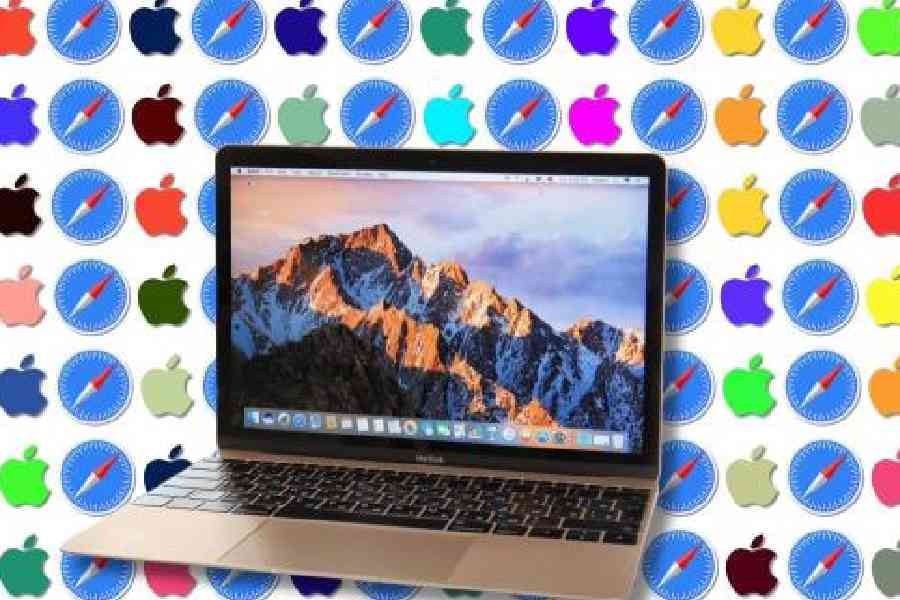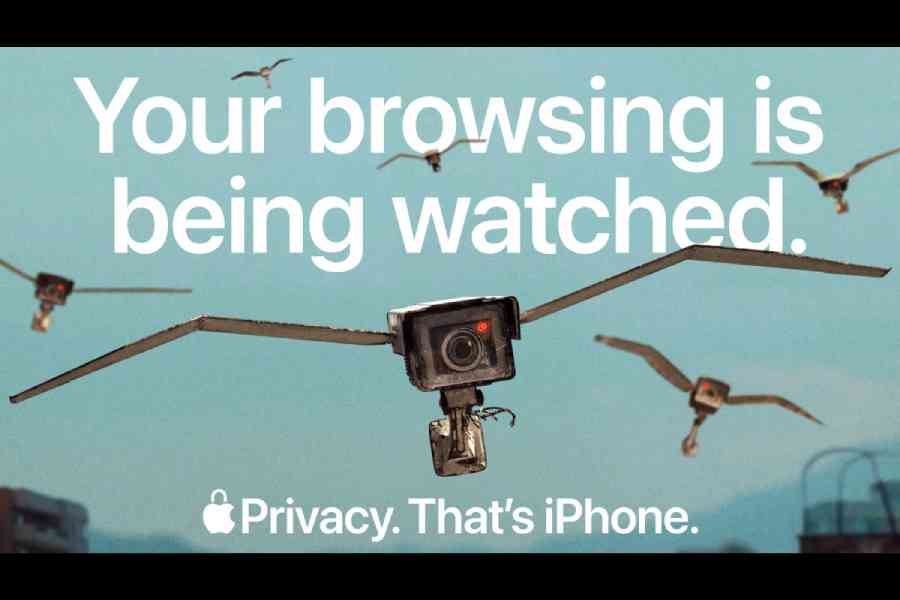Tricky question: How safe is your data when you are browsing? It would be wrong to say online privacy is dead but you have the right to be angry about how it is being tackled by various web browsers. Most of us use certain web browsers out of habit, so why not break the habit? I use Apple’s Safari browser, which has changed how I work or share information. It ties in with several points highlighted in a new film Apple has come up with. Titled Flock, the short film shows how Safari can protect your privacy.
On most browsers a few things happen in the background — data companies can track you across multiple websites, your location data can be collected without your permission, web extensions can violate your privacy and even if you go into private mode, your protections are limited. On the other hand, Safari tackles the issues by preventing cross-site tracking, helps protect your location data, offers privacy-preserving web extensions and there is a state-of-the-art Private Browsing mode, with “real” protections.
Prevent fingerprinting
You must be wondering: How does it matter? Take the case of 44-year-old Rajat, a successful businessman who also has to tackle mental health issues. He visits a doctor in the first week of every month and then visits an online pharmacy soon after. Before the monthly routine, he logs in from his browser to make an appointment. If the browser doesn’t have enough protection, websites can gather all of this information and then Rajat can be bombarded with targeted advertisements and needless insurance plans using data he wants to keep private.

Apple's Safari browser offers top-notch security to ensure your data is not compromised
Safari offers cross-site tracking prevention. Over the years, technology has made it possible to track user behaviour across websites for advertising purposes. You look for a certain product online and within minutes ads for that product follow you around the web. Some websites include 100 or more trackers from different companies on a single page. The Apple browser has been working on this issue since 2005 when Safari became the first browser to start blocking third-party cookies. And in 2019, it became the first browser to block all third-party cookies.
The company has gone beyond that by creating Intelligent Tracking Prevention, which uses machine learning to learn which domains are used to track you and then it isolates and deletes the tracking data from your device. Are you affected? Look at the Safari Privacy Report. The browser also hides the user’s IP address from known trackers.
The best part of the deal is that Intelligent Tracking Prevention is on by default when you use Safari, meaning you don’t have to dive into Settings or make any changes.
Then comes the problem of fingerprinting. Companies have ways to figure out who you are and can even track your system configuration, fonts, plug-ins that are installed and even your screen resolution. It allows them to blend these characteristics of your device to create a “fingerprint” to track you online. Safari is handling this by presenting a simplified version of the system configuration to trackers so more devices look identical, making it difficult to single one out.
Protect location data
Don’t give out your precise location, like where you live, where you work and where your doctor’s office is. Some websites try to collect this data when you browse the web and it can be sold to data brokers or can be used without your consent.
In some browsers, when you search for content using the browser’s built-in search field it automatically shares your device location with the search engine you are using. Not Safari. In case you want to share a location while looking for, say, restaurants around you, there is granular control: Users can choose “remember my decision for one day” to limit how long the website can use your location.
Web extensions
Extensions can display coupons, news headlines and even change the appearance of web pages. Safari supports the official WebExtensions standard, so it’s easy for developers to offer extensions from other browsers. But consider this: Some extensions can have access to what happens in your browser, like what’s on your screen. When using Safari, users are informed about the information the extension can access before they enable it.

A moment from Apple's new film (titled Flock) that celebrates Safari
Private browsing
Safari was the first browser to introduce a Private Browsing mode in 2005. And things have improved a lot since then. Private Browsing doesn’t save the web pages you visited, the searches you’ve made, or your AutoFill information. What more? Private Browsing offers better protection against trackers. And there are new features, like link tracking protection. When you browse the web, you may notice that some links have added extra information to track you.
Link tracking protection removes unnecessary trackers appended to URLs you share in Messages and Mail. It also works when you browse in Safari Private Browsing.
All this is being done to protect you from the tussle that has been the Internet’s lifeblood: Advertising (and more). Decades ago, the Internet started an upheaval in the advertising industry, so that marketers can reach large audiences. What it has become now is brands splashing their ads across websites and promotions are following users. People are being tracked from site to site by technologies such as “cookies” and personal data is being used to target them with relevant marketing. Safari is trying to offer layers of protection to stop prying eyes.










